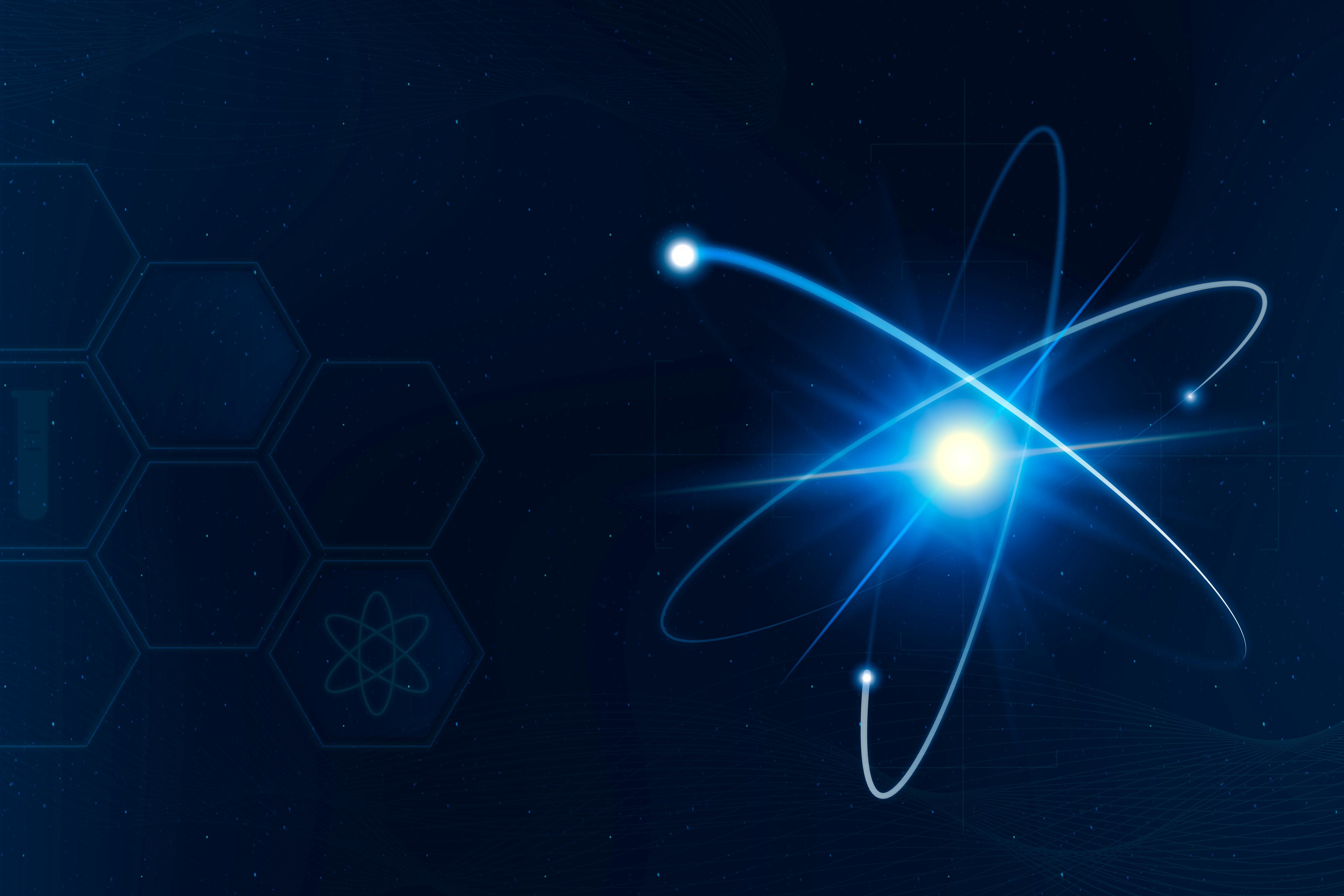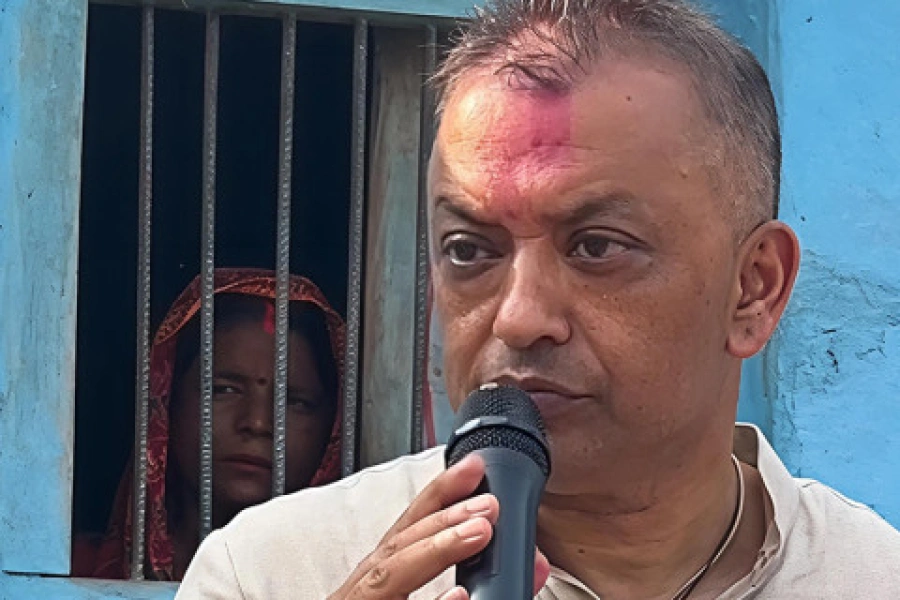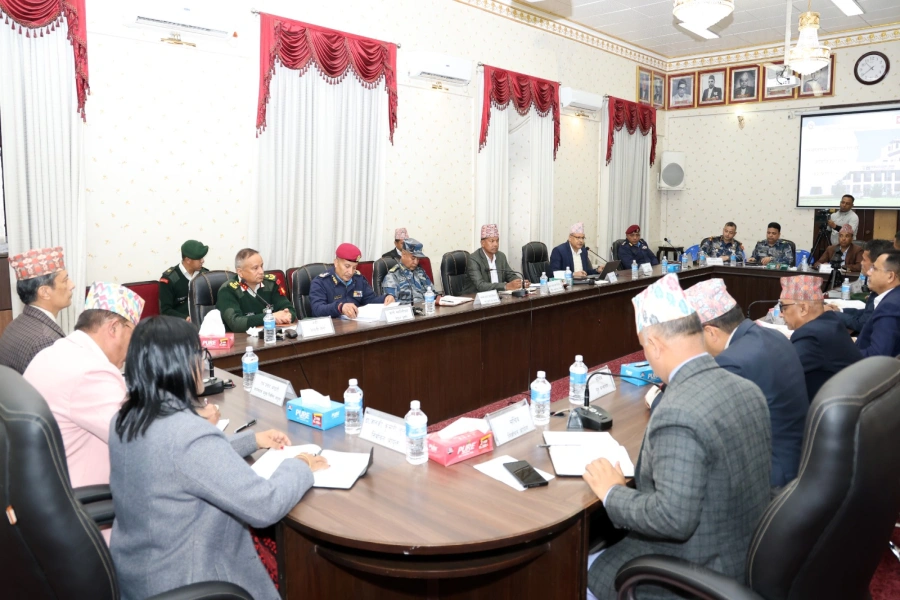Nuclear science and technology has an important role to play in the realization of a truly sustainable future.
The world faces numerous challenges. One of them is obtaining energy for life, food and health and doing so using low-carbon energy sources. Nuclear science and technology is something that is influencing our daily lives in terms of human health, agriculture, industry, energy, natural resource management and many other areas, and yet is often misunderstood by the general public.
In addition to providing clean energy, nuclear science is used in many sectors ranging from cancer treatment to agriculture, industries to transport and a lot more. It helps us discover more about the planet we live on and how we can sustainably live with it.
Nuclear science and especially nuclear energy have never been more important than they are during this period. In fact, harnessing the potential of nuclear technologies may help especially the developing countries, address vital challenges and achieve their SDGs.
Nuclear energy and SDGs
The 2030 Agenda for Sustainable Development, adopted by all United Nations member states in 2015 recognized the importance of global cooperation in achieving sustainable development. We all know that science and technology have a critical role to play in obtaining these goals.
With the economic stress caused by the pandemic, there should be a push to adopt solutions to the challenges that undermine sustainable development and aggravate the impacts of climate change. An essential understanding of the technologies that can lead toward a green recovery is vital.
Answers to some of the most important questions that our planet is facing will come from nuclear science and its connections with energy, climate, health, economy etc. Nuclear science and technology have an important role to play in the realization of a truly sustainable future.
Nuclear energy has the most direct relevance to SDG7 - Affordable and Clean Energy, but increasing energy access enables economic growth which is crucial to many other SDGs.
Nuclear science and technology promotes sustainable development by improving health and the quality of life, through applications such as nuclear medicine, food preservation and safety, industrial materials and processes, basic scientific research, environmental studies, and the generation of electrical power with minimal environmental hazards.
NAST at work to publish directory of Nepali scientists and tech...

While a few existing nuclear countries have decided not to maintain the technology going forward, most countries remain committed to it, many plan to expand it, and several countries are turning to it to meet their clean development needs.
Role of IAEA
International Atomic Energy Agency (IAEA) is an international organization which is the world's center for scientific and technical cooperation in the peaceful use of nuclear technology. Three main areas of work of IAEA are: Safety and Security; Safeguards and Verification; Science and Technology.
One of the key roles of the IAEA is to make nuclear science and technology available to the developing countries to help them improve the prosperity, health and well-being of their people. IAEA works closely with member states in this matter.
Nepal is also a recipient of the technical cooperation of IAEA. In fact, Technical Cooperation plays a central role in the development of the application of nuclear energy for peaceful purposes including healthcare capacity development cooperation in countries like ours where the application of nuclear technology is limited.
The Agency's Zoonotic Disease Integrated Action (ZODIAC) project is also an important tool in the context of the COVID 19 pandemic and beyond. This project is helping us and other developing countries to strengthen the ability to prepare for, and respond to, any zoonotic diseases and outbreaks.
Controversy
The field of nuclear security concerns itself with the challenges and dangers of nuclear weapons and nuclear materials. In order for nuclear power to retain its societal relevance, it is important for the government to develop a confidence of security and safety.
Public acceptance of nuclear technology is dependent on both public knowledge of the benefits that nuclear technology provides to society and the economy, and their confidence that materials and technologies are being managed in a responsible manner.
A large part of the population, especially in the developing countries, view nuclear power as a dangerous process. It is because they have not understood the difference between nuclear weapons and nuclear energy. It is difficult for the general public to understand the advantages of nuclear energy because people mostly know about the nuclear accidents, nuclear weapons and other nuclear disasters but not about the advantages of nuclear energy. So, public awareness is a must when a country is trying to build nuclear energy.
The future of nuclear power application in any country will depend on how the general public perceives it. So, public information and awareness is a very important and sensitive issue that should be taken into consideration seriously.
However, in the developing countries, it might be difficult to develop the capacity to respond appropriately to a major accident.
Even given the challenges that remain, many countries in the developing world are going forward with the use of nuclear power.
Nepal's context
Although including nuclear energy in Nepal's development endeavors is a major responsibility, we should understand that it can play an important role in the development of Nepal, like any other country in the world.
The demand for energy in Nepal is expected to grow rapidly in the future with the aim to improve the living standard of the growing population and increase industrialization.
Nepal has already signed the Nuclear-Non Proliferation Treaty (NPT) and Comprehensive Test Ban Treaty (CTBT) with the commitment of using nuclear energy in improving human health, world peace, and prosperity and not for military activities. Nepal has also signed with the IAEA an agreement for the application of safeguards in connection with the treaty on the non-proliferation of nuclear weapons in 1972. Nepal became a member of the IAEA in 2008 and joined its Technical Assistance program in 2012.
Nepal established its residential Mission in Vienna which is the headquarters of IAEA in 2016 which is a step forward to working with IAEA and the international community in the peaceful use of nuclear energy.
Promulgation of the Nuclear Law in 2020 is another big step toward building nuclear energy in the country.
Introducing nuclear energy in a country like Nepal where the knowledge of nuclear science is limited is a major task. Raising public awareness about the benefits of nuclear energy and gaining people's trust and confidence in the effectiveness of the industry's security might be the initial step toward it. Nepal will only be able to make use of nuclear energy if a well-informed public believes about its benefits and trusts the government about its safety.
Both the government and the people must understand the connection and difference between nuclear energy and nuclear weapons. Nepali people deserve access to the many benefits of nuclear technology, but the security challenges must be addressed.
In the context of Nepal being surrounded by huge nuclear power plants in its neighboring countries, there is an urgent need to monitor and evaluate the proper safety measures as Nepal will certainly be affected by any kind of nuclear accident that may occur in its neighborhood.
For a developing country like Nepal, efforts to develop a nuclear power program can be hindered by various factors like economic, technical and political factors. This venture also requires significant investment in building infrastructures, human resources, science as well as extensive cooperation with international partners and society.
There can be a series of challenges like for waste management, minimizing proliferation risk, and ensuring the security of nuclear plants and materials. We need a tremendous amount of technical support and manpower development to tackle these challenges.
A trained and skilled workforce is most essential for any sustainable nuclear energy program so if the government intends to invest in nuclear energy, it must plan in advance for strong manpower development programs. IAEA supports the member states in training the workforce for the nuclear industry. In addition to taking this cooperation from IAEA, the government has to invest in developing a high quality manpower that can select, accept, adjust, use, maintain and mobilize technology relating to nuclear energy.
The gist is- Nepal should go forward with the use of nuclear energy along with the rest of the world - not only for the economic development of the country but also to contribute to mitigate climate change and achieve sustainable development goals, but do so while ensuring internationally-accepted safety measures and using the nuclear energy responsibly.




























-1200x560-1771928761.webp)










